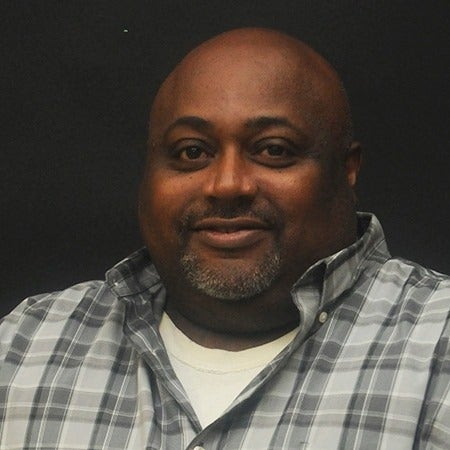Compromise needed in street renaming
Published 6:08 pm Wednesday, March 26, 2014
Selma is nearly 200 years old, and, in that time, countless families made important contributions to the city’s history.
Two of the families are pitted against each other in a fight over a strip of asphalt in west central Selma.
In one corner, there is the Lapsley family. The Lapsley’s helped develop Selma during the early 20th century. They were artists, railroad entrepreneurs, attorneys and missionaries.
One member of the family, Sam Lapsley, traveled with William Henry Sheppard to the Congo River in Africa. The pair worked in the Congo for almost three years, until Sam Lapsley died due to sickness in 1892.
The Boynton family is no less important. Amelia Boynton and her husband campaigned voting rights before the movement became mainstream.
After her husband died, in 1963, Amelia continued fighting for basic human liberties. Activists such as Martin Luther King Jr., James Bevel stayed in her home during the 1960s. Congressmen drafted the first version of the Voting Rights Act in her house, according to Boynton’s son, Bruce Boynton.
Bruce was also active in civil rights. He was charged and initially convicted of trespassing for being in the restaurant of a bus terminal. The restaurant was “whites only.”
Bruce’s case was brought to the U.S. Supreme Court and overturned. The decision outlawed racial segregation on public transportation and led to the Freedom Riders movement.
It’s clear both families were important in our city’s history, but one’s contributions shouldn’t overlap or erase the other’s.
Though, an effort by Selma City Councilwoman Bennie Ruth Crenshaw would erase the Lapsley family from our streets.
For the first time in weeks, the council chambers were packed Tuesday as city attorney Jimmy Nunn read a proposed resolution to rename Laspley Street into Boynton Street. After the resolution for the renaming was read, the Boynton family erupted in applause. A slightly less raucous applause came after the council voted in favor of a public hearing.
Crenshaw says her motivations are simply to honor the Boynton family for their contributions, which is certainly a noble cause. If her statements are true, then why would she want to rename the entirety of Lapsley, rather than a small portion?
In the mid-2000s, the renaming was brought up several times, but each time it seemed to focus on a specific portion of road, north of J.L. Chestnut Boulevard. Now, Crenshaw wants to rename the entirety of Lapsley, to honor the Boynton family’s contributions to the civil rights movement.
No council or community member seems to be against honoring Mrs. Boynton in some way, but at some point a compromise needs to be made. Reducing the length of road is a reasonable solution. Perhaps the council could also consider finding a way to repair Mrs. Boynton’s house, located on Lapsley Street.
Compromises are made all the time, in everday life. Making a compromise would hardly cause the Earth to cease spinning on its axis.


